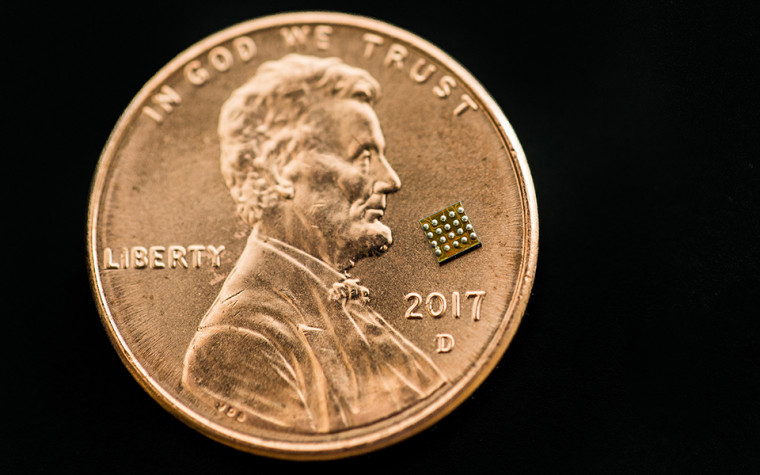In the past, artificial intelligence has been a cumbersome, compute-intensive process that required access to rather large server farms. Now, it appears that things are changing, with Microsoft recently announcing that it will implement AI to secure the millions of PCs currently running Windows 10.
The way AI currently works is that the data is pushed to the cloud, and then the results are sent back to the system to complete the task. Microsoft used this feature in games like Titanfall and Forza, but it's mostly used for business-oriented applications. The latest project from Microsoft named Embedded Learning Library (ELL) now aims to change the way AI is processed in small devices like the Raspberry Pi.

The processing unit, which will be the size of a breadcrumb, will be housed on the local system, removing the need for the device to be constantly connected to the internet. This will also reduce the bandwidth required by the system, which will be great for developers in countries where connectivity is a problem. Microsoft says that:
“There is just no way to take a deep neural network, have it stay as accurate as it is today, and consume 10,000 less resources. You can’t do it, so, for that, we have a longer-term approach, which is to start from scratch. To start from math on the white board and invent a new set of machine-learning technologies and tools that are tailored for these resource-constrained platforms.”
Privacy, a big issue in today's world, will be at the forefront of their project. Microsoft will secure private information on the device, so the chances of that information being stolen by hackers are greatly reduced since the processing unit isn't directly connected to the internet for the most part.
Applications for this are limitless as it can be housed locally on many of the devices we use today that calculate and manage our private information especially, with the advent of the Internet of Things.
Source: MSPoweruser | Image via Microsoft

_small.jpg)















